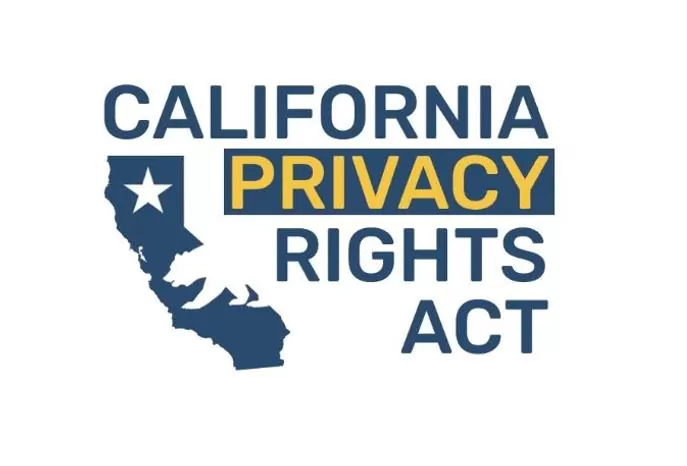SACRAMENTO, California – In a move that reinforces California’s position as a national leader in data privacy protection, the California Consumer Privacy Act (CCPA) has undergone significant expansion, introducing new rights and strengthening existing protections for consumers in the Golden State.
The enhanced legislation, which privacy experts are calling a “digital bill of rights,” introduces several groundbreaking provisions that give Californians unprecedented control over their personal information in the digital sphere. Among the most significant changes is the explicit right for consumers to know whether their data is being sold and to whom, coupled with a comprehensive right to opt out of such sales entirely.
“This expansion transforms the CCPA from a strong privacy law into an exemplary model for data protection,” said Jennifer Martinez, privacy law expert at the California Digital Rights Coalition. “It shifts the balance of power back to consumers, giving them real control over their digital footprint.”
One of the most notable additions to the law is the requirement for businesses to provide detailed disclosures about their data practices. Companies must now not only list the categories of personal information they collect but also specify the exact purposes for which each type of data is used. This level of granularity is unprecedented in U.S. privacy law.
Key provisions of the expanded CCPA include:
- Mandatory “Do Not Sell My Personal Information” links on business websites
- Detailed disclosure of data usage purposes
- Enhanced penalties for violations, up to $7,500 per incident
- Expanded definition of personal information
- Stronger protections for minors’ data
The business community has expressed mixed reactions to the enhanced regulations. “While we support consumer privacy, these expansions create significant compliance challenges, especially for smaller businesses,” stated Michael Chang, spokesperson for the California Business Roundtable. However, privacy advocates argue that the benefits far outweigh the costs.
The law’s enhanced penalties have particularly caught the attention of businesses operating in California. With fines of up to $7,500 per violation, companies are scrambling to ensure compliance. “This isn’t just about avoiding fines,” explained Sarah O’Connor, a corporate compliance attorney. “It’s about recognizing that privacy is a fundamental right in the digital age.”
Implementation of the expanded provisions has already begun, with businesses given a grace period to adapt their practices. The California Privacy Protection Agency (CPPA) has announced plans to provide guidance and resources to help companies navigate the new requirements.
For consumers, the impact is immediate and tangible. John Stevens, a San Francisco resident, shared his experience: “I’ve already noticed more transparent privacy notices on websites, and it’s easier to find options to opt out of data sharing. It feels like we’re finally getting some control back.”
The ripple effects of California’s enhanced privacy law are being felt nationwide. Several other states are now considering similar legislation, using the CCPA as a template. Privacy advocates hope this will eventually lead to comprehensive federal privacy protection.
As California continues to lead the charge in consumer privacy protection, the expanded CCPA serves as a benchmark for other states and potentially federal legislation. With these enhanced provisions, the Golden State has once again proven its commitment to safeguarding its residents’ digital rights in an increasingly connected world.

